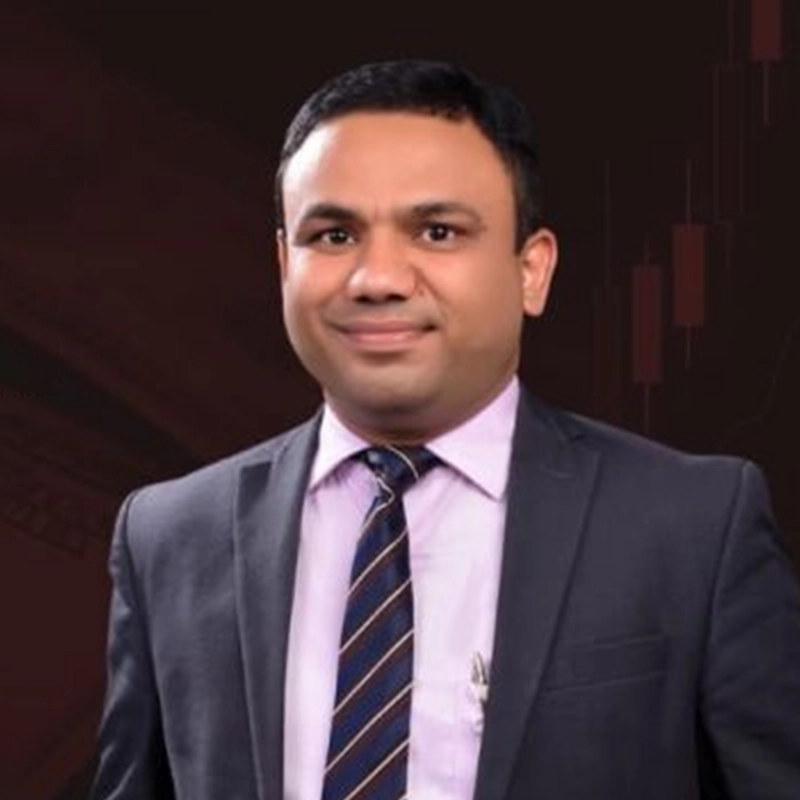The role of the Chief Financial Officer (CFO) has been going through a significant transformation over the last few years. Someone who was not very long ago confined to number crunching and financial reporting, is now expected to be a strategic business partner driving business growth, transformation and insights-based decision making.
Accountant to Business Partner
Traditionally, the role of CFO used to be focused on financial management, ensuring the accuracy and timeliness of financial reports, and managing financial risks. However, the same has changed significantly during the last couple of decades wherein CFOs are now expected to be much more than just being limited to the finance domain. Increasing complexity of the business environment requires CFOs to have a deep understanding of the business operations and strategy. A modern CFO is expected to be a strategic thinker capable of handling complex data, identify trends from such data and provide actionable insights leading to informed decision making. Further, CFOs also need to have stakeholder management skills to be able to communicate effectively with diverse stakeholders like investors, board members, employees, etc.
Role of CFO
The modern CFO has transitioned into a strategic business leader, extending far beyond traditional financial oversight. They are now at the helm of financial planning and analysis owning budgeting, forecasting, and performance reporting to enable data-driven decision-making. As key architects of corporate strategy, CFOs evaluate emerging market dynamics, uncover risks and growth levers, and steer the enterprise toward long-term value creation. They also lead enterprise-wide risk management, deploying proactive frameworks to safeguard against financial, operational, and market disruptions. Driving transformation is another core mandate, particularly in leveraging digital technologies to modernize finance operations and enhance efficiency. Equally critical is stakeholder alignment; CFOs must deliver clear, actionable financial narratives to investors, boards, regulators, and internal teams, reinforcing confidence and fostering trust across the ecosystem.
The CFO role is set to evolve further, becoming even more integral to enterprise transformation and long-term value creation. Future CFOs will be key drivers of digital innovation, championing the adoption of advanced technologies to enhance operational agility. They will also be instrumental in embedding Environmental, Social, and Governance (ESG) principles into corporate strategy, aligning financial goals with sustainable growth. As risk landscapes grow more complex, CFOs must implement forward-looking, predictive risk frameworks to safeguard business resilience. At the same time, harnessing advanced data analytics and scenario modeling will be critical to delivering real-time, strategic insights and enabling data-driven decision-making at scale.
About the author
Mayank Holani is a seasoned finance professional with over 23 years professional experience across various Indian and Multinational companies. He’s a fellow member of the Institute of Chartered Accountants of India (ICAI) along with DISA from ICAI, DipIFR from ACCA UK, CPA and M.Com.
He has had a notable career, including a 12 year stint at Schneider Electric, where he has held various leadership positions before being elevated to the position of CFO of Schneider Electric Infrastructure Limited. He was instrumental in driving major transformation of the company.
Prior to Schneider Electric, he worked with companies like Cairn India Limited, Chambal Fertilisers and Chemicals Limited and JK Tyres & Industries Limited.
Currently, he is working as CFO with Indian Synthetic Rubber Private Limited (A Joint Venture of Indian Oil and TSRC Corporation, Taiwan).
As CFO, he is responsible for overseeing the financial strategy and operations of the company, driving business growth and profitability.
He is an avid speaker on finance and is a well known face across industrial, professional and academic forums.


